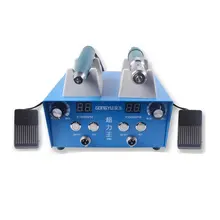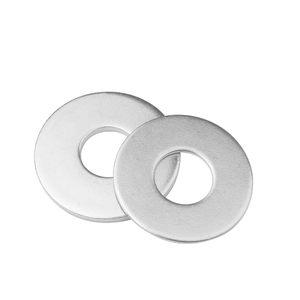Understanding Flat Washers and Their Significance
Flat washers, a fundamental component in fastening applications, serve a critical role in distributing load and preventing surface damage. These seemingly simple devices are essential in a variety of settings, from industrial machinery to everyday appliances. By dispersing the force exerted by a screw or bolt, flat washers enhance the reliability and longevity of an assembly.
Materials and Design Variations
The material composition of a washer is pivotal, with options ranging from stainless steel washers to nylon washers, each catering to different environmental conditions and load-bearing requirements. For instance, stainless steel washers are prized for their corrosion resistance, making them suitable for outdoor or humid environments. On the other hand, nylon washers offer electrical insulation and a reduction in vibration, ideal for electronic applications.
Types of Flat Washers and Their Applications
Within the category of flat washers, there are specialized types such as fender washers and plain washers. Fender washers, with their larger outside diameter, are perfect for distributing loads across an extensive surface area. This makes them particularly useful in automotive and plumbing applications. Plain washers, adhering to standards like din 125a, are ubiquitous in various assemblies, providing a smooth bearing surface and reducing friction.
Size Specifications and Industry Standards
The size of a washer is crucial for its intended use. Washers are identified by their inner and outer diameters, as seen in m10 washer, m12 washer od, and m8 washer od. These dimensions ensure compatibility with corresponding bolts and screws, ensuring a snug fit and optimal performance. For aerospace and precision engineering, standards such as nas1149 define the specific requirements for flat washers in critical applications.
Advanced Washer Types: Locking and Load Distribution
Beyond the standard flat washer, there are innovative designs like the f436 washer, which is tailored for structural applications. Lock washers, a subset of this category, are designed to prevent fastening elements from loosening under vibration. Similarly, spring washers, which include varieties like m16 washers and m20 washers, offer a spring action that further distributes the load and maintains tension within the assembly.
Choosing the Right Washer for Your Needs
Selecting the appropriate washer involves understanding the application's specific needs, such as load, environmental conditions, and space constraints. Whether it's a 1 4 washer for small-scale applications or thick washers for heavy-duty tasks, the right choice ensures the integrity and durability of the entire assembly. While exploring the vast array of washers on Alibaba.com, consider the application's requirements to find the most suitable washer type.









































 浙公网安备 33010002000092号
浙公网安备 33010002000092号 浙B2-20120091-4
浙B2-20120091-4